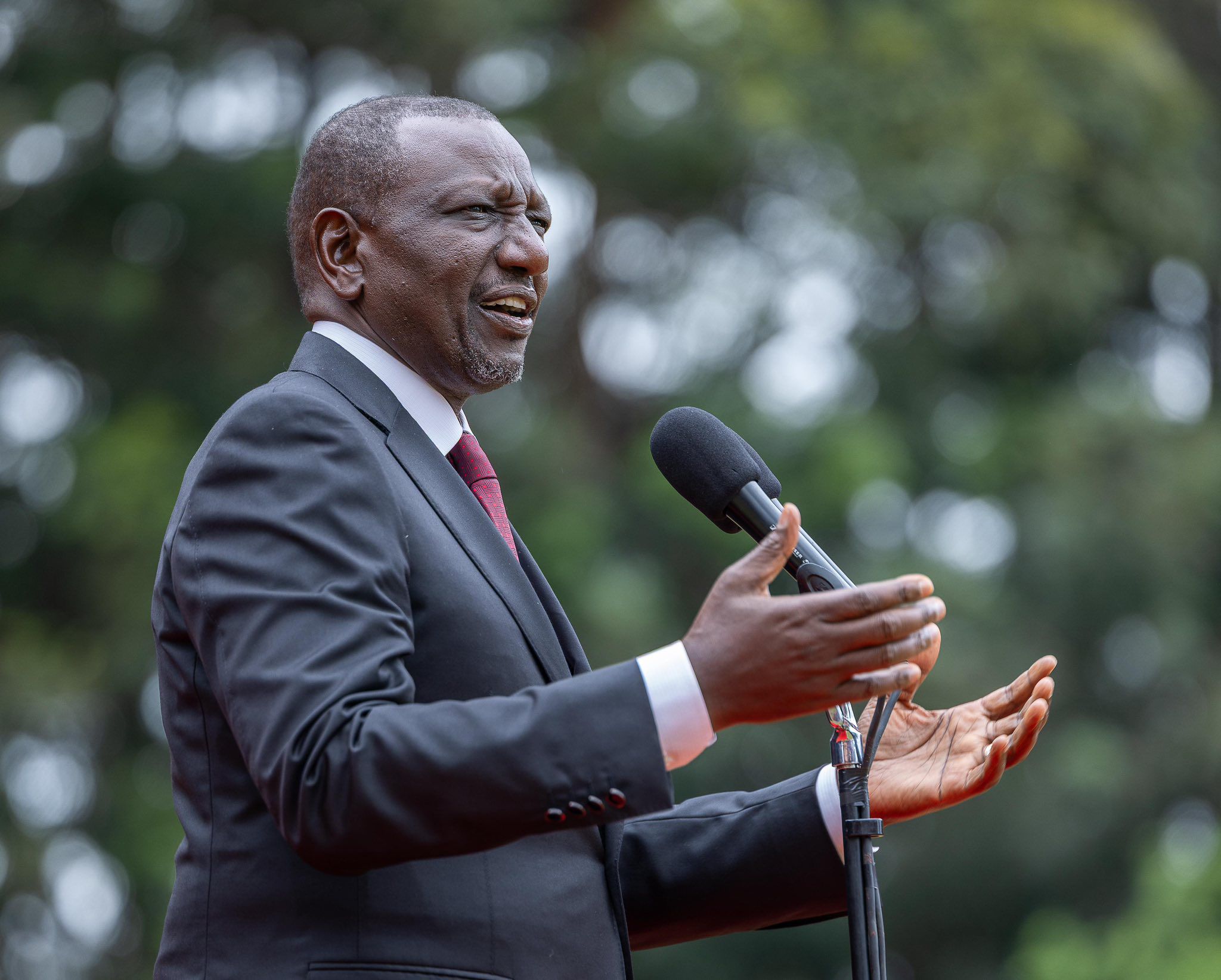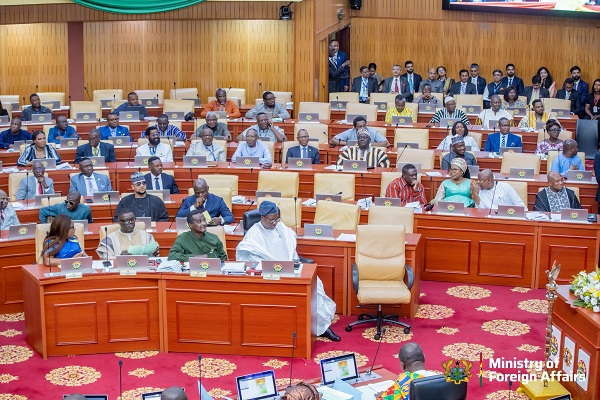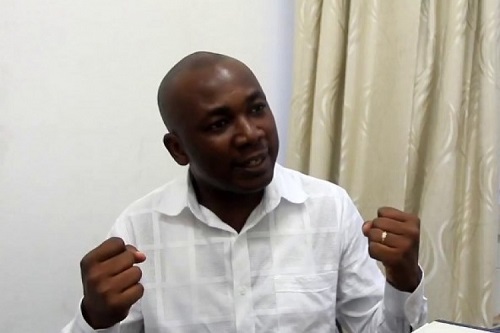Government urged to embed robust KPIs in 24-Hour Economy
Prof Godfred Bokpin is an economist
Professor Godfred Bokpin, an economist, underscored on Saturday the need for the Government to embed robust Key Performance Indicators (KPIs) within the newly launched 24-Hour Economy initiative.
He said while the new policy signalled good intentions, without measurable targets and clear accountability, it risked replicating the fate of previous well-meaning but underperforming national development initiatives.
Speaking on a current affairs programme on the Media General platform and monitored by the Ghana News Agency, Prof Bokpin said the 24-hour Economy must have a rigorous monitoring mechanism inherent within the International Monetary Fund (IMF) Programme.
He highlighted the explicit data reporting that characterised the IMF programmes, as well as the weekly, monthly and quarterly reports from key institutions such as the Ministry of Finance and the Bank of Ghana to aid periodic analysis and measurability.
“This structured reporting fosters ownership and binds institutions to their commitment, a crucial element currently lacking in the government’s new economic vision,” he said.
Prof Bokpin said incorporating KPIs and monitoring strategies would enable a proper analysis of the 24-hour economy by policymakers to identify deviations from the intended purpose and implement necessary reforms across governance, market, and product sectors.
“By incorporating clear KPIs and leveraging established institutional frameworks, the 24-hour economy could transition from a concept to a measurable and accountable national development programme,” he said.
The economist advised against the creation of new, potentially costly, secretariats or authorities for the policy’s implementation.
He cited the previous burden of high administrative costs and limited value derived from similar initiatives such as the Northern Development Authority by the past government.
Instead, he called for the strategic utilisation of existing national institutions like the Ministry of Finance, the Ghana Statistical Service and the Bank of Ghana to aid in implementation.
“These institutions already possess the capacity and mandate for data collection and reporting,” he noted.
That would not only ensure low-cost implementation but also integrate the policy within the existing system, fostering broader ownership and sustainability.
Cheque Fraud EXPOSED: How it works and how to stay safe










